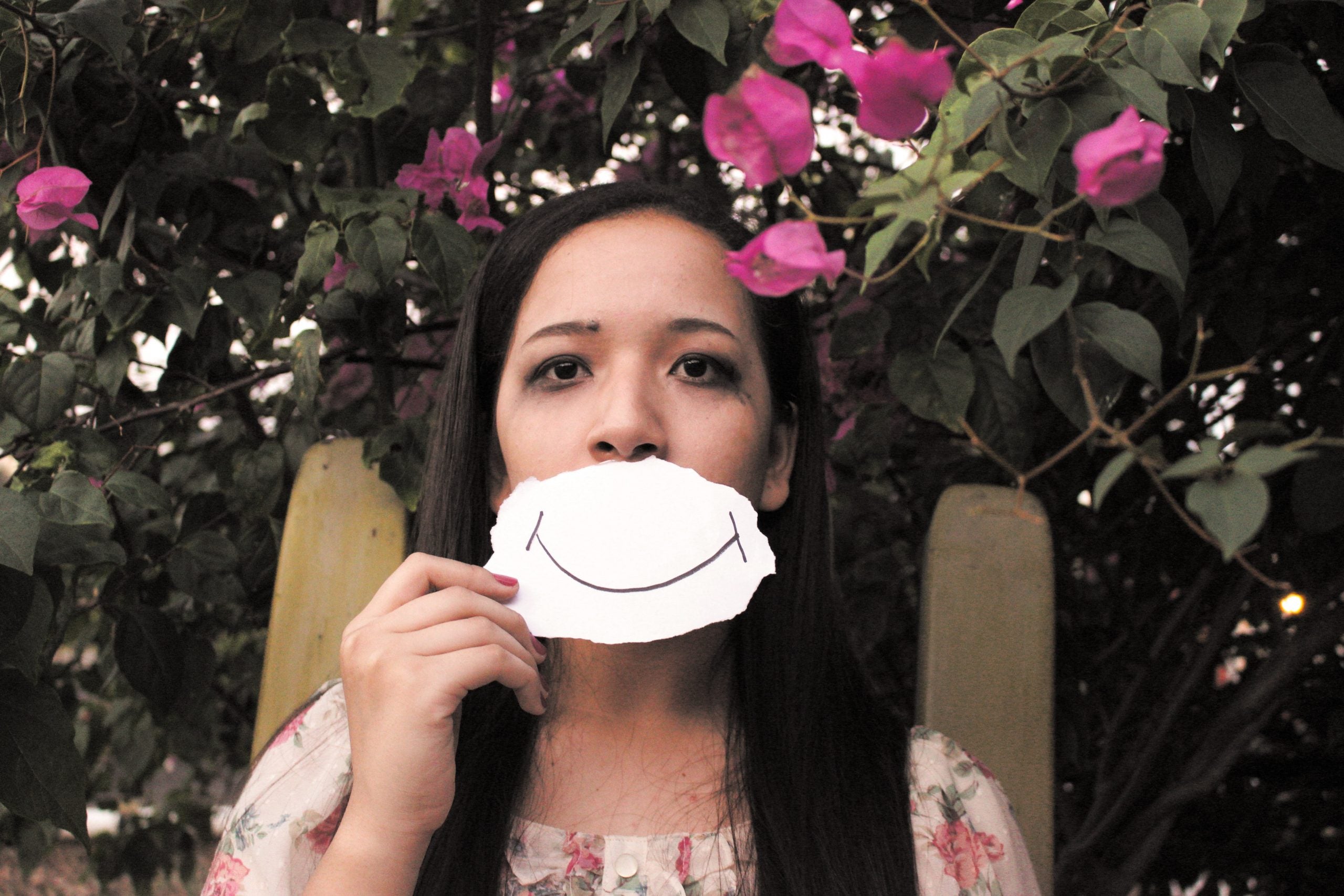Home / Health & Wellness Articles / Mental Health /
Mental Health Myths

It’s no secret that there is a stigma surrounding mental health. The stigma effects people’s willingness to seek mental health help, no matter how much they need it. Mental health isn’t always easy to talk about, and isn’t as widely understood as a result.
Lack of understanding leads to widespread misconceptions about mental health. This article will list out a variety of mental health myths and some truths to counteract them.
Myth: Mental health problems are uncommon. I’ll never struggle with any.
Truth: An estimated one in five adults in the U.S. struggle with mental health problems. Beyond the statistic, the number may be even higher due to unreported mental health problems as a result of stigma. The most common of these are depression and anxiety, but they also include bipolar disorder, obsessive compulsive disorder (OCD), post-traumatic stress disorder (PTSD) and more.
Myth: Mental health is not as important as physical health.
Truth: Mental health is just as important as physical health. Our mental health significantly impacts our ability to function. It can impact how we work, relate to our families, approach relationships and more. “If left untreated, mental health problems can wreck someone’s life,” says Julie Bailey, Clinical Manager at Centerstone. Untreated mental health problems can even lead to other physical problems, such as gastrointestinal issues, high blood pressure, heart disease, weaker immune system and more. To be as physically healthy as you can be, you need to be as mentally healthy as you can be.
Myth: People with mental health problems can’t work.
Truth: Many individuals who struggle with mental health problems are employed. There is a very small percentage of people with mental illnesses so severe they cannot work. Mental illnesses are treatable, and are not always life-altering when managed properly. Individuals who have been diagnosed can take certain steps to manage their symptoms and function as well as others without mental health problems.
Myth: People with mental health problems will always suffer.
Truth: Mental health problems can be managed. While there is no way to guarantee that one will be “cured” from a mental illness, you can manage it to make it less debilitating. “If you were physically sick, and a doctor told you what treatment to take, you would do it,” says Julie Bailey. “And if you do all those things, then you feel better, and you can live and function. You can do the things you need to do to make it better, and not do the things that will make it worse.”
Myth: People with depression need to try harder.
Truth: “It’s normal for all human beings to be sad at times, depending on our circumstances. Something happens and we’re sad about it,” says Julie Bailey. “But people with major depressive disorder can be sad when nothing is wrong.” When someone has depression, they don’t need a reason to be sad or “down.” It is a part of their mood they can’t control due to irregular chemical pathways, so they can’t just snap out of it or “try harder.”
Centerstone counselors are dedicated to providing life-changing mental health care to anyone who needs it. To learn more about Centerstone’s services, call 1-877-HOPE123 (877-467-3123) or visit centerstoneconnect.org.


